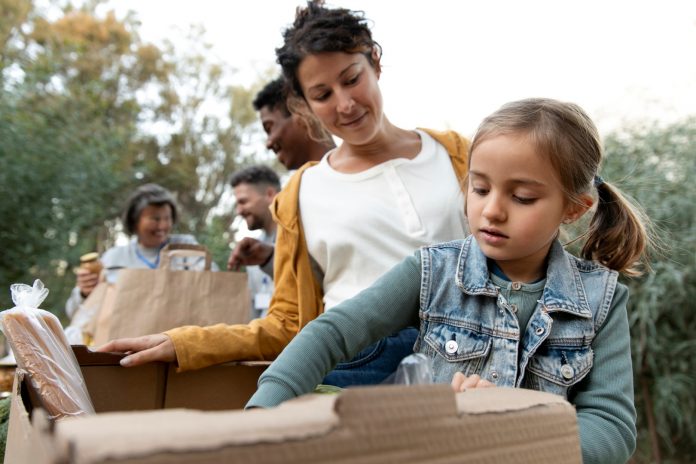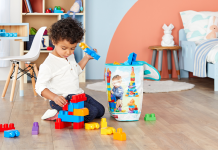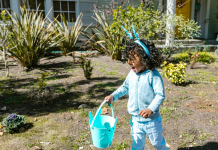We can make an immense impact on those around us simply by spreading kindness.
With the school year well under way, Anel Annandale, an educational psychologist with a passion for early childhood development, unpacks the psychology of kindness and shares a few helpful tips to encourage kindness and good behaviour in our children.
Create a culture of kindness Kindness doubles when we share it – a ripple effect that transforms our community into a happier place. Whether rich or poor, young or old, the beauty of being kind is that anyone can do it. Creating a culture of kindness begins in childhood. Teach your children to ask themselves daily: “How can I be kind today?” For young children, sharing a sweet is the most basic demonstration of kindness, and this behaviour should be acknowledged and encouraged.
Praise character; discipline behaviour Teaching kindness can change who a child becomes and gently moulds them into happier, empathetic, more likeable people. When you praise a child for good behaviour, make it part of their character. For instance, you want to say something like: “You are a very kind person,” as opposed to “that was a kind thing to do.” Eventually, this can become a self-fulfilling prophecy and lead children to spread their kindness in the future. On the other hand, when disciplining a child, focus on their behaviour rather than their character, e.g. “That was a hurtful thing to do,” not “you’re being a hurtful brat.” Never accept rude behaviour, even if your child is going through difficult times.
Model the behaviour you want to see We know that children are more likely to mimic our behaviours than listen to our advice. They do as we do and will learn to be either kind or unkind from us. As you go about your day, ask yourself: Am I modelling to my children how to show respect to everyone I interact with, no matter their social status? Am I tolerant of others? Do I demonstrate cooperation, empathy and generosity? Also, remember to thank your children when they are kind to you. Connect with them by holding eye contact when they tell you a story and talk to them about their day at dinner or bedtime – be sure not just to hear but really listen to what they have to say.
Encourage random acts of kindness Performing random acts of kindness helps children develop empathy and internalise moral principles. It creates a sense of pride in themselves and feelings of belonging and optimism. “Encouraging kindness in children helps them understand the world from a broader viewpoint. It builds empathy and increases their frame of reference, encouraging them to cooperate with others to reach shared goals. In the bigger picture: teaching children to be kind eventually makes the world a better place.”

Random acts of kindness that don’t cost much
- Volunteer to clean up, whether you are clearing the table or sweeping an elderly neighbour’s driveway.
- Give a kind word or a sweet treat (I love Manhattan’s ‘Be Kind’ gums).
- Invite someone sitting on their own over to have lunch with you.
- Offer a smile or a compliment.
- Freeze water in empty bottles and hand them out to street vendors on hot days.
- Pick up litter, put back your trolley, and give up your seat to someone who needs it more.
- Let someone know that you’re thinking of them.
- Volunteer at a soup kitchen or animal shelter.
- Read to a younger child.
- Leave an encouraging comment on a post that you like.






